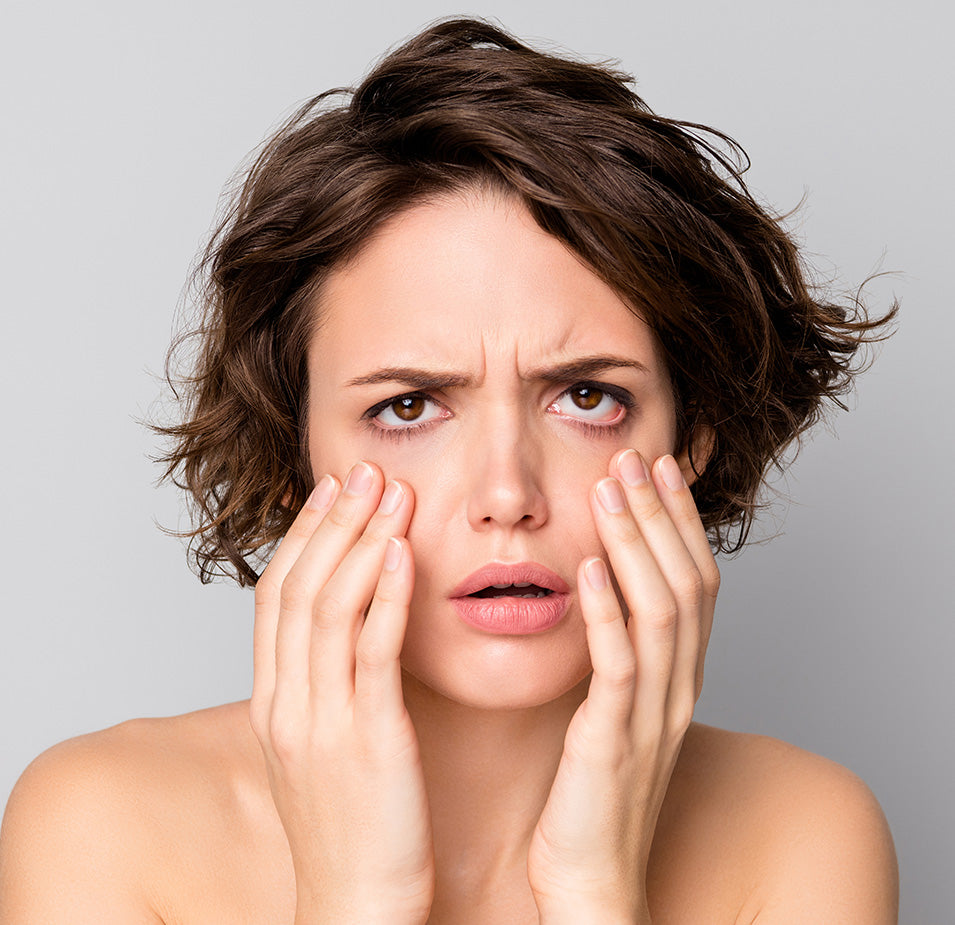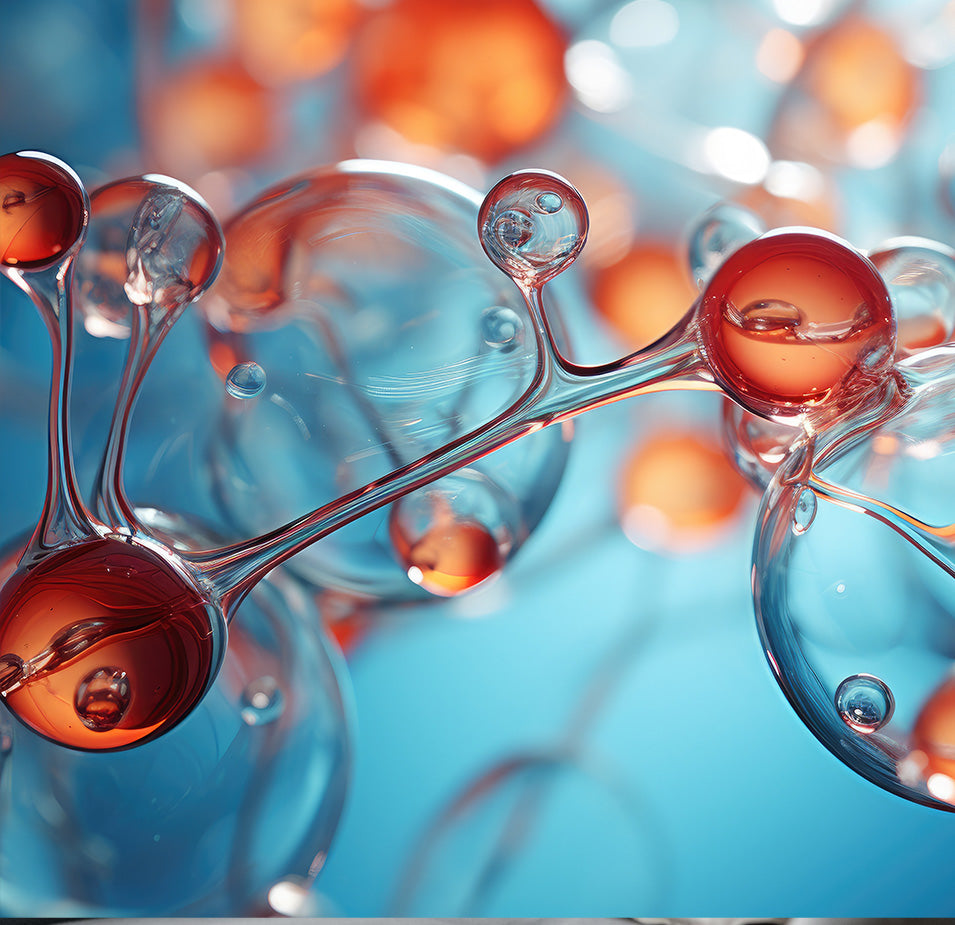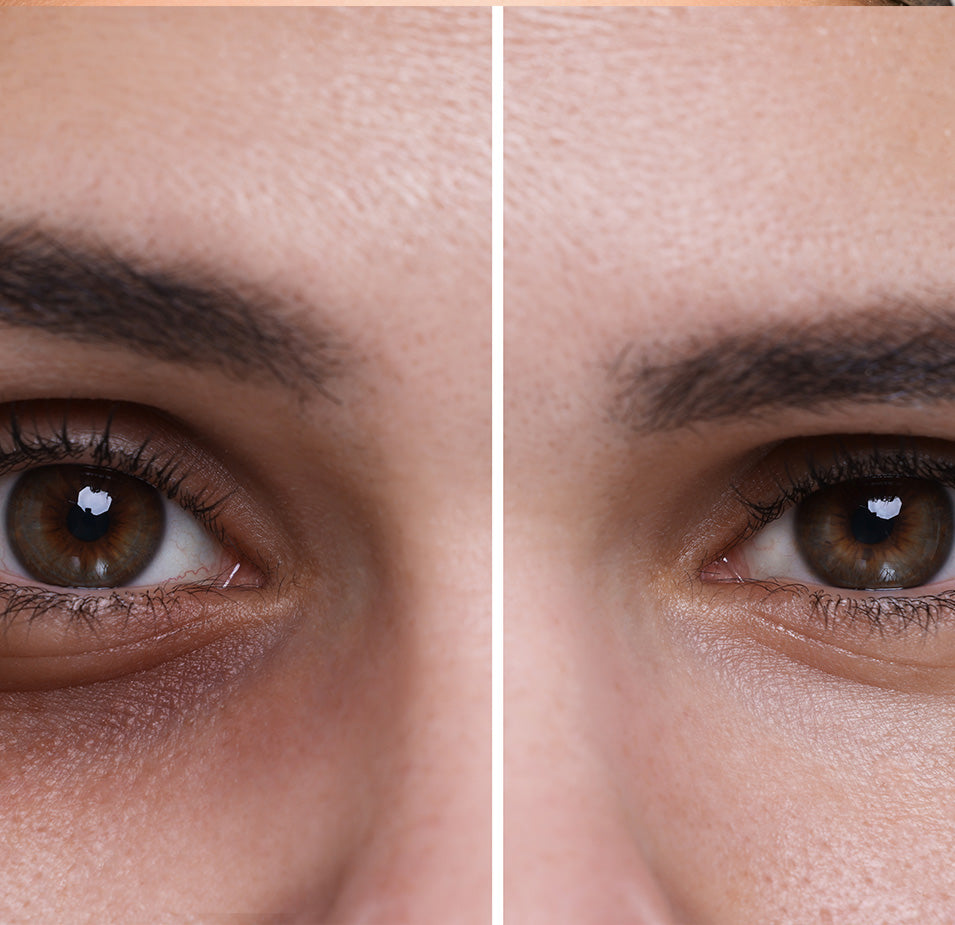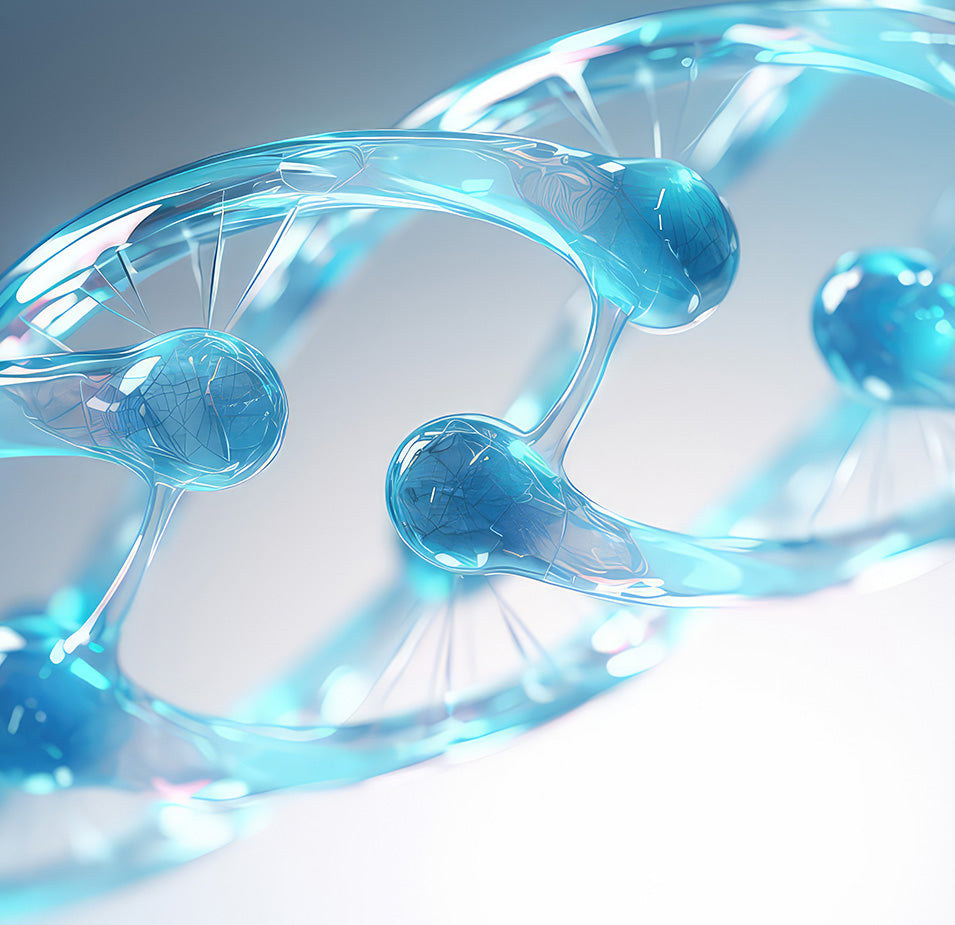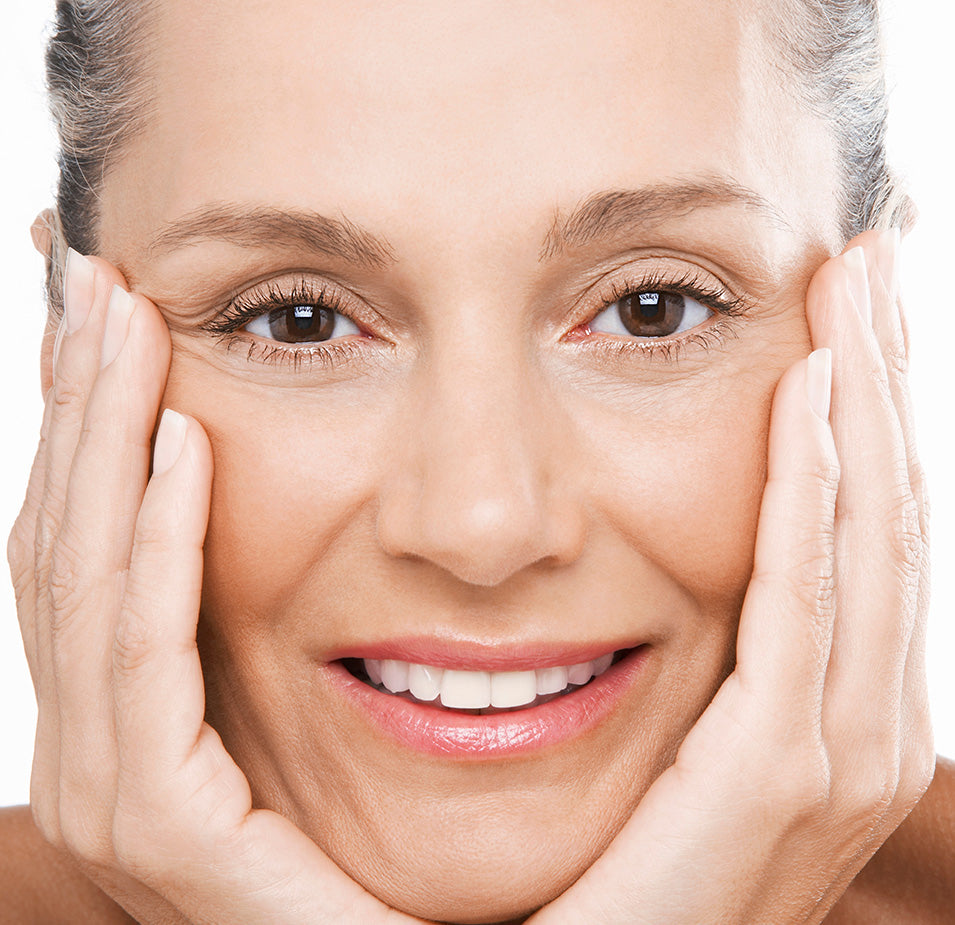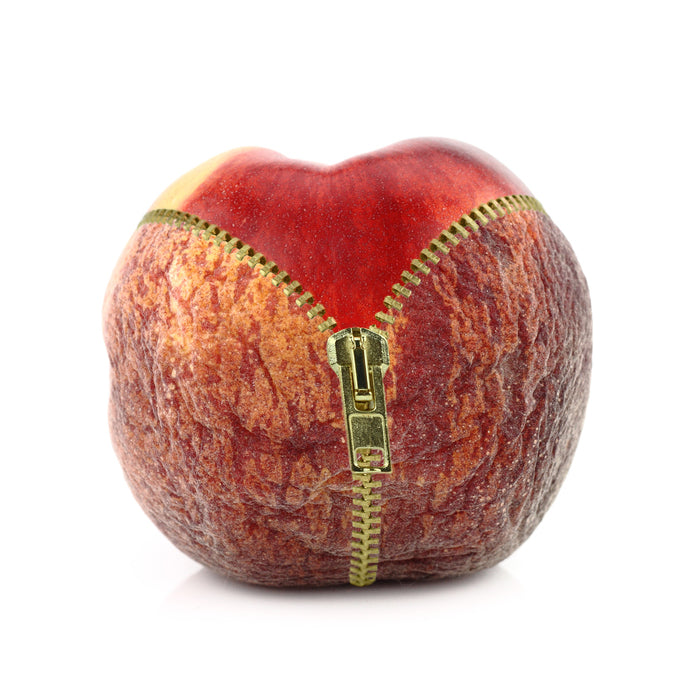
There are virtually unlimited skincare serums, creams, masks, oils, and sprays that claim to “reverse aging.” It’s hard to differentiate medical truths from marketing tricks among the vast sea of so-called miracle products.
No matter how much money you spend on expensive products or cosmetic treatments, there is no way to stop the natural progression of aging. However, when used properly, certain ingredients can deliver real results. The healthy, radiant skin you’re after is attainable with a proven skincare regimen tailored to your genetics, environment, and lifestyle.
Why Use Anti-Aging Skincare Products?
The conversation around skincare for maturing women is often focused on appearance. There’s nothing wrong with wanting youthful-looking skin, but personal care goes deeper than surface level. While the term anti-aging may have superficial connotations, it’s really about optimizing health, longevity, and confidence—valuable qualities that help every woman live to her best potential.
Changes in the skin’s texture are usually the first and most obvious signs of advancing age. Texture changes can look like sagging, fat distribution, muscle loss, and wrinkles. Besides affecting cosmetic appearance, deterioration in skin texture also affects the core functions of the skin, including:
- Production of vitamin D
- Regulation of electrolytes and water
- Excretion of waste chemicals
- Sensory functions
There are different anti-aging ingredients to treat each of these problems. For example, if you’re seeking to address wrinkles and fine lines, you need products that will hydrate your skin. If you start using a high-quality, gentle exfoliant, it will help improve texture and tone.
Finding the best active anti-aging ingredients that align with your specific skincare goals is a great first step, but the products should also fit your skin type and background.
How to Maximize Results From Anti-Aging Skincare

How do you determine which anti-aging products are right for you? As with all skincare practices, you should always consider your skin type and find products suited to your needs.
One of the most important factors influencing how you age is your ethnicity. It is well-established that people of different genetic origins age differently, both in scientific literature and common understanding. Most people realize, for instance, that those with darker skin are less vulnerable to sun damage, and that light-skinned people tend to develop wrinkles earlier on.
This means that the most effective anti-aging ingredients will depend on the shade of your skin, because the structural and functional properties of skin vary based on ethnicity (among other factors).
This article breaks down the top tried and tested anti-aging ingredients proven to work for each skin type. While they are categorized based on ethnicity, they are all superior-quality ingredients that can be extremely helpful across the board.
At the end of the day, you can’t go wrong with moisture-boosting, protective, restorative, pure products that enhance both the look and the feel of your skin. These ingredients are the building blocks for your holy grail skincare routine.
Caucasian Skin
Light skin is characterized by lower melanin content. Melanin, in addition to determining the shade of the skin, also serves as a protective barrier against sun damage. This means that Caucasians are more susceptible to photoaging (the development of wrinkles and other sun-related damage).
Signs of photoaging, such as crow’s feet, wrinkles, and fine lines, can be delayed with diligent sun protection. Additionally, ingredients like antioxidants are especially beneficial for Caucasians to fight off harmful chemicals and free radicals.
Sunscreen
The single most important anti-aging ingredient (or product) is sunscreen. The sun’s ultraviolet rays attack collagen and elastin in the outer layers of the skin, which causes sagging and wrinkles over time. Excessive sun exposure can also lead to skin darkening, hyperpigmentation, and black spots—not to mention a heightened risk of skin cancer.
Sunscreen, when applied consistently, is an excellent preventive measure. While sunscreen doesn’t treat existing sun damage, it can fight off future problems and keep issues from getting worse. Avoiding sunburn also significantly reduces your risk of developing more serious health troubles, like melanoma.
Not all sunscreen products are created equal. When choosing a sunscreen, look for one that provides:
- Broad-spectrum protection, meaning it blocks both UVA and UVB rays
- SPF (sun protection factor) rating of 30
- Reef-safe certification (free of oxybenzone and octinoxate, chemicals that are extremely harmful to ocean ecosystems)
There are two different types of sunscreen to be aware of:
- Mineral sunscreen forms a layer on top of the skin and physically blocks harmful sun rays from penetrating the skin by deflecting them.
- Chemical sunscreen absorbs into the skin and protects the skin cells from sun damage internally.
Mineral sunscreens are better for sensitive skin, and more reliable in intense conditions such as ocean recreation. The two minerals used in sunscreen are zinc oxide and titanium dioxide, which are found to be highly effective and safe.
While sunscreen is important for people of every ethnicity, Caucasians should be especially vigilant. Sun exposure is one of the primary causes of premature aging that is especially pronounced in those with lighter complexions, whose skin is thinner and more vulnerable to environmental stressors.
Vitamin C
Vitamin C is an excellent anti-aging ingredient that serves two very important purposes: fighting free radicals and promoting collagen production.
Collagen is a vital protein responsible for the skin’s ability to stretch and bounce back (a property known as elasticity). With advancing age, collagen synthesis declines. The rate of collagen decline is highest among Caucasians due to their thinner outer skin layer. Vitamin C plays a key role in collagen production. As part of a healthy skincare routine, it can help keep the skin supple.
Vitamin C is also a vital antioxidant. In the course of everyday life, we encounter environmental irritants like pollution, sun exposure, and stress that damage our skin and generate reactive molecules called free radicals. These free radicals damage cells and accelerate the aging process. Vitamin C helps protect your skin from cellular damage, preventing health issues and brightening your complexion.
Retinol
Retinol is a powerhouse antioxidant that plays a vital role in reducing the signs of aging. A derivative of vitamin A, retinol not only unclogs the pores but also effectively penetrates deep inside the skin and neutralizes free radicals to enhance collagen and elastin production. It also escalates skin cell turnover rate, helping skin regenerate faster. All of these benefits serve to reduce the appearance of fine lines, acne, dark spots, and wrinkles.
Hyaluronic Acid
You’ve probably heard of this potent naturally occurring acid known for its deeply moisturizing powers. Hyaluronic acid is found in many of the body’s tissues, with the highest concentration found in the skin. This substance helps keeps the skin supple, hydrated, and flexible.
When skin is well-moisturized, the chances for freckles, wrinkles, and fine lines to form are reduced. That’s why hyaluronic acid is one of the best anti-aging ingredients in skincare products designed for fair-skinned women, whose skin may be prone to dryness and premature sings of aging.
Latin Skin
The skin of olive-toned Latinas is naturally protective against the harmful rays of the sun, so photoaging is not as big a concern among Latin women as it is with lighter-skinned groups. Latinas develop signs of aging at a slower rate thanks to their unique genetic makeup.
But women of Latin descent may deal with melasma, a condition in which brown pigmentation appears in spots across the cheeks, forehead, and upper lips. This is usually triggered due to hormonal changes as part of pregnancy or menopause. Certain factors, such as stress, excessive sun exposure, irritation, and inflammation, can darken the appearance of melasma spots.
Fortunately, much research has been done on safe, effective methods for brightening dark spots and evening skin tone. The following ingredients are some of the most useful for Latinas dealing with pigmentation issues.
Niacinamide
Niacinamide is a form of vitamin B3 known for its ability to soothe skin inflammation and reduce redness. It can also gently brighten skin tone. Niacinamide is ideal for fighting against free radical damage and reducing melasma while smoothing out the skin’s appearance, especially for those with sensitive skin who may react negatively to harsher lightening agents.
Azelaic Acid
Azelaic acid is a natural ingredient derived from grains like wheat, barley, and rye. It’s exfoliating properties help treat acne, rosacea, and inflammation while cleansing the skin and fighting bad bacteria. Like niacinamide, azelaic acid also helps in brighten dark patches and spots on the skin.
South Asian and Middle Eastern Skin
The complexions of South Asian, Southeast Asian, and Middle Eastern people are diverse, ranging from very pale to dark caramel tones. While the shades are diverse, those with genetic heritage in these parts of the world share certain characteristics.
Regardless of skin tone, South Asian and Middle Eastern folks tend to have ample melanin content in their skin, which helps protect against sun damage and photoaging. However, those same molecular characteristics also make them more vulnerable to developing blemishes, hyperpigmentation, and dark spots, as well as acne-related scarring.
Besides using a quality sunscreen with SPF 30 protection, those struggling with the above issues should look for products with the following targeted ingredients to promote optimal skin health.
Retinoic Acid
The most potent prescribed acne medications are different forms of retinoic acid, a strong ingredient that helps your body shed old cells and create fresh ones. This accelerated cell turnover process helps to minimize the appearance of wrinkles and clear up inflammation.
Retinoic acid should be used carefully as it can cause dryness and irritation in those with sensitive skin. It’s important to use a moisturizer and wear sunscreen while using any medicine containing retinoic acid.
Salicylic Acid
Salicylic acid is a beta-hydroxyl acid to treat acne, blemishes, and scars. It penetrates the skin to enhance moisture content and hydrate from the inside out. Salicylic acid also acts as a powerful exfoliant, making it useful for freshening up the skin and smoothing out texture. Lastly, this ingredient is a highly effective collagen-booster that helps preserve elasticity.
Ceramides
Ceramides are lipids (or fats) naturally produced by the skin to strengthen its outer barrier. The skin’s outer barrier, called the stratum corneum, holds moisture and protects against all the external irritants around us. As we age, the natural production of ceramides begins to decline. Supplementing your skincare regimen with products containing this ingredient is a savvy prevention measure for shielding the skin against damage and irritation.
Afro-Descendant Skin
Research has demonstrated that wrinkles appear in Afro-descendant people an average of ten years compared to Caucasians. The key contributing factor in this slower aging process is the abundant presence of melanin in darker-skinned people. Additionally, Afro-descendent skin has a thicker structure that maintains a steady layer of collagen and elastin—the building blocks for supple, youthful skin.
All of this means that Black women are likely to enjoy smooth, healthy skin well into their advancing age. However, a skin challenge that can arise among the Afro-descendant population is hyperpigmentation (or the appearance of dark spots) in response to overstimulation and excessive sun exposure. This is treatable with a few strategic ingredients.
Glycolic Acid
Glycolic acid is a natural sugarcane derivative, also found in many fruits and vegetables. In skincare products, it serves as a chemical exfoliator that refreshes old skin cells to produce a smoother skin texture and tone. Glycolic acid can be found in all kinds of skincare applications, including peels, scrubs, toners, cleansers, and creams.
Lactic Acid
Lactic acid is another chemical exfoliator that lifts dirt from clogged pores and flushes out dead skin cells. Lactic acid is good for sensitive and dry skin, as it is milder compared to glycolic acid.
Conclusion
If you want to prevent or treat the signs of aging for healthier skin, all of the above ingredients are effective products that you should look for while selecting a skin care product. But keep in mind that it’s crucial to select skincare products according to your ethnicity, as genetic makeup determines how your skin will age and what components of your skin will be affected the most.
References
- Honeyman, R., & Gussone, F. Anti-aging serum: what to look for.
- Ahmed, I. A., Mikail, M. A., Zamakshshari, N., & Abdullah, A. S. H. (2020). Natural anti-aging skincare: Role and potential. Biogerontology, 21(3), 293-310.
- Mohiuddin, A. K. (2019). Skin Aging & Modern Age Anti-aging Strategies. PharmaTutor, 7(8), 22-70.

